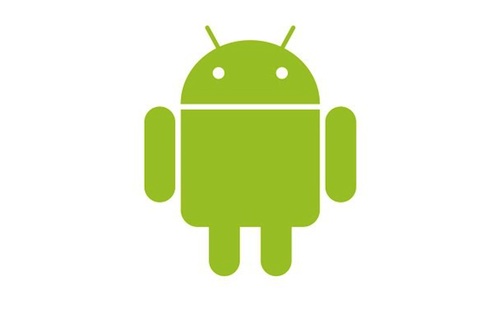
Android smartphone users are being warned of a new Trojan that could send their bills skyrocketing.
The Android.Pjapps virus is spread using hacked versions of legitimate applications that are hosted on unregulated third-party Android application stores.
International security specialist Symantec says Android users who have downloaded the popular application Steamy Window could have had their phones infected by the virus.
“The legitimate features of the original application are still present in the malicious version, but it also features additional functionality that allows an attacker to build a botnet,” says the company.
Symantec says Android.Pjapp can install applications, navigate to websites and add bookmarks to browsers.
However, the most alarming aspect of the virus is that it can send text messages from the user’s handset, block messages and send user information back to the attacker.
“Looking at the threat capabilities, we believes it has been designed and may be used to peddle ad campaigns and to obtain benefits from the use of third-party premium rate services at users’ expense,” says Symantec.
This is the latest in a string of Trojans to affect Android devices. Last year, the platform was targeted by an SMS Trojan that masqueraded as a media player. The virus also took advantage of premium-rate SMS numbers to make money for the creator. — Staff reporter, TechCentral
- Image: Laihiu
- Subscribe to our free daily newsletter
- Follow us on Twitter or on Facebook

